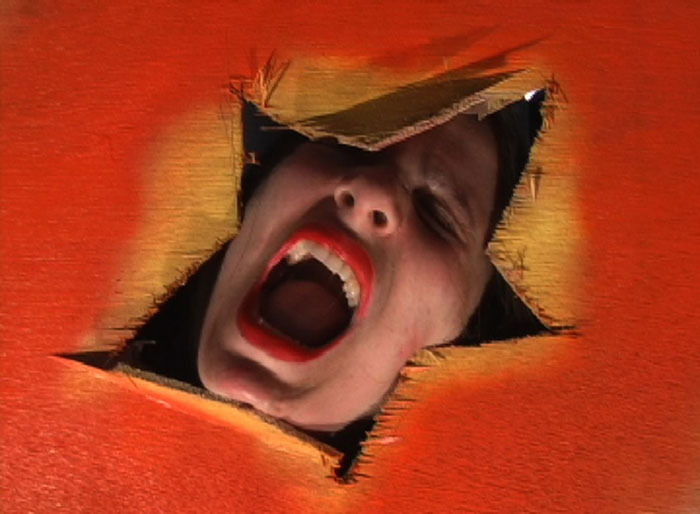PARASITISM
RAP Graduate Student Symposium
April 5, 2024
The Research and Academic Program (RAP) at the Clark Art Institute invited graduate students for a one-day symposium, “Parasitism,” held at the Clark in Williamstown, Massachusetts.
Despite its contemporary biological connotations, the term "parasitism" originates in Greco-Roman life and stagecraft, where classical parasites were human subjects who performed obeisance, flattered, and otherwise affirmed the power of dinner hosts in order to be para (next to) the sitos (grain). The term shifted focus to the sciences through the proliferation of taxonomy of the Enlightenment era, as the classical metaphor gained came to describe newfound botanical relationships between vines and trees. However, by the nineteenth century, it became reapplied to culture via the elision of science and society, in part through the rise of fields like epidemiology. In its modern metaphorical usage, “parasite” is equally applied to capitalist tycoons and labor unions, despots and the dispossessed, but no matter the target, the term implies a unique conception of relations, wherein the parasite ambivalently acknowledges the power and status of its host. This convening seeks to probe these idiosyncratic structural relationships, building upon recent scholarship in political theory, media studies, and contemporary art criticism to consider the implications of the literal, representational, or symbolic pests within disciplinary systems. Additionally, these interventions seek to go beyond the metaphorical usage of the term, taking aim at the political and aesthetic work of something belonging where it should not be, or, alternatively, supplying a hidden payload of disease. Through these broad conceptions of the parasite, this symposium hopes to identify points of articulation within art history, considering what theoretical, practical, and tactical interpretations of the “parasite” may bring to visual analysis, circulation of artworks, and transmission of meaning.
The symposium was convened by Nathan Sorscher (Williams Graduate Program in the History of Art, ’24) and organized by the Research and Academic Program.
The event concluded with a public keynote delivered by Anna Watkins Fisher on “The Compromised Art of Parasitical Resistance.”
In this symposium keynote address, Dr. Anna Watkins Fisher examined artistic resistance in the twenty-first century, when disruption and dissent are co-opted and commodified in ways that reinforce powerful systems. This lecture weighed the gambit of artists who willfully abandon the radical scripts of opposition and refusal long identified with anticapitalism and feminism to embrace parasitism—tactics of complicity that effect subversion from within dominant structures. The talk explores their irreverent and often troubling artworks and what they tell us about the conditions for resistance and critique today.
Image: Kate Gilmore, Star Bright, Star Might, 2007, video still.
